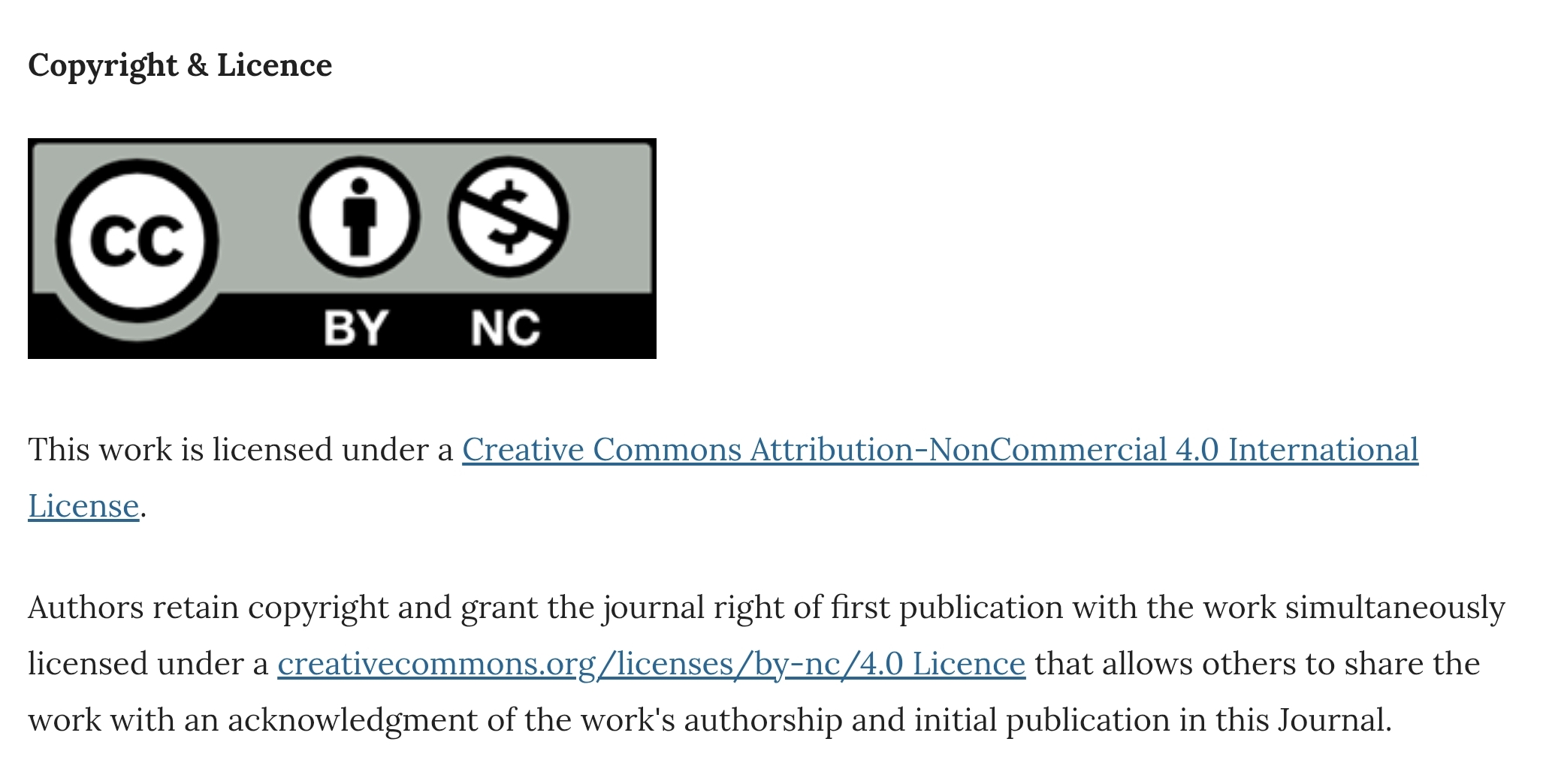CASE REPORT
|
|
Access the article online: https://kjponline.com/index.php/kjp/article/view/477 doi:10.30834/KJP.37.2.2024.477. Received on:09/10/2024 Accepted on: 01/11/2024 Web Published:02 /11/2024 |
RECURRENT TREATMENT EMERGENT DELIRIUM IN A CASE OF
BIPOLAR DISORDER WITH PRIMARY ADRENAL INSUFFICIENCY
Lakshmipriya PM1* , Harish M Tharayil 4 https://orcid.org/0000-0002-9933-2229 , Ramash K3 , Varsha Vidyadharan3 , Afeefa Moidu2
1. Junior Resident, 2.Senior resident, 3. Associate Professor, 4. Professor and Head, Department of Psychiatry, Government Medical College Kozhikode
*Corresponding Author: Junior Resident, Department of Psychiatry, Government Medical College Kozhikode, 673008.
email: lakshmivasudev1996@gmail.com
INTRODUCTION
In 1855, Thomas Addison first described a clinical syndrome now known as adrenal insufficiency, or Addison’s disease (AD).1 Primary adrenal insufficiency, most commonly resulting from autoimmune adrenalitis, is a rare disorder that affects males and females equally, with a prevalence rate of approximately 100-140 cases per million. 2-3 Psychiatric symptoms associated with Addison’s disease have been well-documented, with four case series published in the 1940s and 1950s reporting a prevalence of psychiatric symptoms ranging from 64% to 84%.2 Neuropsychiatric manifestations can include mood disorders, psychosis, anxiety, delirium, and sleep disturbances.4 While depressive and psychotic symptoms are frequently reported, manic episodes are rare. It was found that hypoadrenalism directly and indirectly through hyponatremia could contribute to the development of delirium. 5, 6
In this report, we present a case of treatment-emergent delirium in a patient with Addison’s disease and comorbid bipolar affective disorder (BPAD). This case is unique, as no previous reports of Addison’s disease co-occurring with BPAD have documented the onset of delirium following the introduction of psychotropic medication, not to mention recurrent treatment-emergent delirium.
CASE REPORT
A 45-year-old unmarried male, a manual laborer from a low socioeconomic status family, has experienced episodic psychiatric illness for over 25 years. All the episodes are characterized by increased talkativeness, heightened energy, overfamiliarity, expansive ideation, and decreased need for sleep. He has been stable on lithium 600 mg and quetiapine 200 mg, and after discontinuing medication for 1 week, presented with increased talk, overfamiliarity, decreased need for sleep, and expansive ideas of 3-week duration. He had multiple similar episodes in the past as well. His diabetes and hypothyroidism were adequately controlled. None of his family members suffered from any psychiatric illnesses.
When seen in the emergency room, he was shabbily dressed and edentulous. He had difficulty making eye contact. He was intrusive and walking around. He was talking excessively, and it was difficult to interrupt him. Sometimes, he suddenly became angry and refused to continue the conversation. He was grandiose and often expressed the desire to buy the hospital. At times, he would cry abruptly without an apparent reason.
Routine investigations were within normal range, including complete blood count, serum electrolytes, renal function test, liver function test, and urine routine. HbA1c was found to be 8.3 %. Upon admission, he was started on lithium 600 mg, quetiapine 400 mg, and sodium valproate 1000 mg. By the second day, the patient developed delirium. Laboratory investigations revealed hyponatremia 129 mEq/L. Serum ammonia was advised but could not be done due to resource limitations. A CT head showed mild diffuse brain atrophy, and an ultrasound of the abdomen showed Grade 1 fatty liver and mildly raised bilateral renal echoes. These investigations were done as advised by the internal medicine department. Sodium valproate was stopped. Delirium responded to low-dose antipsychotics, while manic symptoms were managed effectively with lithium 750 mg, along with quetiapine 200 mg.
A review of past treatment records (which was not available at the time of admission) disclosed a similar episode in 2016, which was treated with sodium valproate, quetiapine, trihexyphenidyl, and haloperidol, which led to delirium. An evaluation of delirium during that episode revealed severe hyponatremia (123 mmol/L) and elevated serum ammonia (119.4 µmol/L; reference range 11-32). Subsequent investigations revealed low serum cortisol 1.97 mcg/dL (reference range 5-25) and elevated ACTH 51.50 pg/mL (reference range 0-46), indicative of primary adrenal insufficiency. He was diagnosed with Addison’s disease by the endocrinologist. Steroid therapy was promptly initiated, leading to the resolution of delirium and manic symptoms. Impaired glycaemic control necessitating insulin therapy. He was discharged on oral steroids, lithium 600 mg, and quetiapine 200 mg. The steroid was tapered and discontinued per the endocrinologist's advice. Serial evaluation of serum lithium levels was performed. He was on regular follow-ups from the psychiatry and endocrinology department until this relapse.
DISCUSSION
This case illustrates the complexities of managing a patient with coexisting bipolar affective disorder (BPAD) and Addison’s disease. The interplay between these conditions presents unique challenges, particularly when managing psychiatric symptoms that may be influenced by underlying endocrine disorders. In our case, the patient had preexisting BPAD, which raises the question of whether the mood disorder was independent or a psychiatric manifestation of Addison’s disease. In our case, he had two episodes of delirium in his lifetime. In the first episode, he had hyponatremia and hyperammonemia, while in the second episode, though he had confirmed hyponatremia, the status of ammonia remained undetermined. Patients with Addison’s disease are particularly vulnerable to developing hyponatremia during the adrenal crisis.6 It was found that with polypharmacy, drug-induced hyponatremia is likely to increase.7 Sodium valproate-induced hyperammonemia can present with a broad spectrum of symptoms, necessitating consideration in the differential diagnosis for patients on sodium valproate who exhibit changes in behavior, cognition, or orientation.8
In conclusion, this case highlights the necessity of considering endocrine disorders in the differential diagnosis of psychiatric symptoms, especially in the presence of atypical presentations and the absence of a family history of psychiatric disorders. It also emphasizes the critical need for regular monitoring of electrolyte levels in patients with Addison’s disease who are receiving psychotropic medication.
REFERENCE
- Grossman AB. Thomas Addison and his disease. Grand Rounds. 2004; 4:8-9. 10.1102/1470-7330.2004.9004
- Johnstone PA, Rundell JR, Esposito M. Mental status changes of Addison's disease. Psychosomatics.1990 Winter;31(1):103-7. DOI: 10.1016/S0033-3182(90)72226-8
- Ten S, New M, Maclaren N. Clinical review 130: Addison's disease 2001. J Clin Endocrinol Metab. 2001 Jul;86(7):2909-22. DOI: 10.1210/jcem.86.7.7636
- Anglin RE, Rosebush PI, Mazurek MF. The neuropsychiatric profile of Addison’s disease: revisiting a forgotten phenomenon. The Journal of neuropsychiatry and clinical neurosciences. 2006; 18(4):450-9. DOI: 10.1176/jnp.2006.18.4.450
- Kosari SA, Amiruddin A, Shorakae S, Kane R. A rare cause of hypoactive delirium. BMJ Case Rep. 2014; Oct 2014: bcr2014205382. https://doi.org/10.1136/bcr-2014-205382
- Munir S, Quintanilla Rodriguez BS, Waseem M. Addison Disease. 2024 Jan 30. In: StatPearls [Internet]. Treasure Island (FL): StatPearls Publishing; 2024 Jan. https://www.ncbi.nlm.nih.gov/books/NBK441994/ [Accessed on October 21, 2024]
- Gupta E, Kunjal R, Cury JD. Severe Hyponatremia Due to Valproic Acid Toxicity. J Clin Med Res. 2015 Sep; 7(9):717-9. DOI: 10.14740/jocmr2219w
- Wadzinski J, Franks R, Roane D, Bayard M. Valproate-associated hyperammonemic encephalopathy. J Am Board Fam Med. 2007; 20(5):499-502. DOI: 10.3122/jabfm.2007.05.070062
|
Please cite the article as: Lakshmipriya PM, Tharayil HM, Ramash K, Vidyadharan V, Afeefa M. Recurrent Treatment Emergent Delirium in a Case of Bipolar Disorder with Primary Adrenal Insufficiency. Kerala Journal of Psychiatry 2024; 37(2):129-131. |








